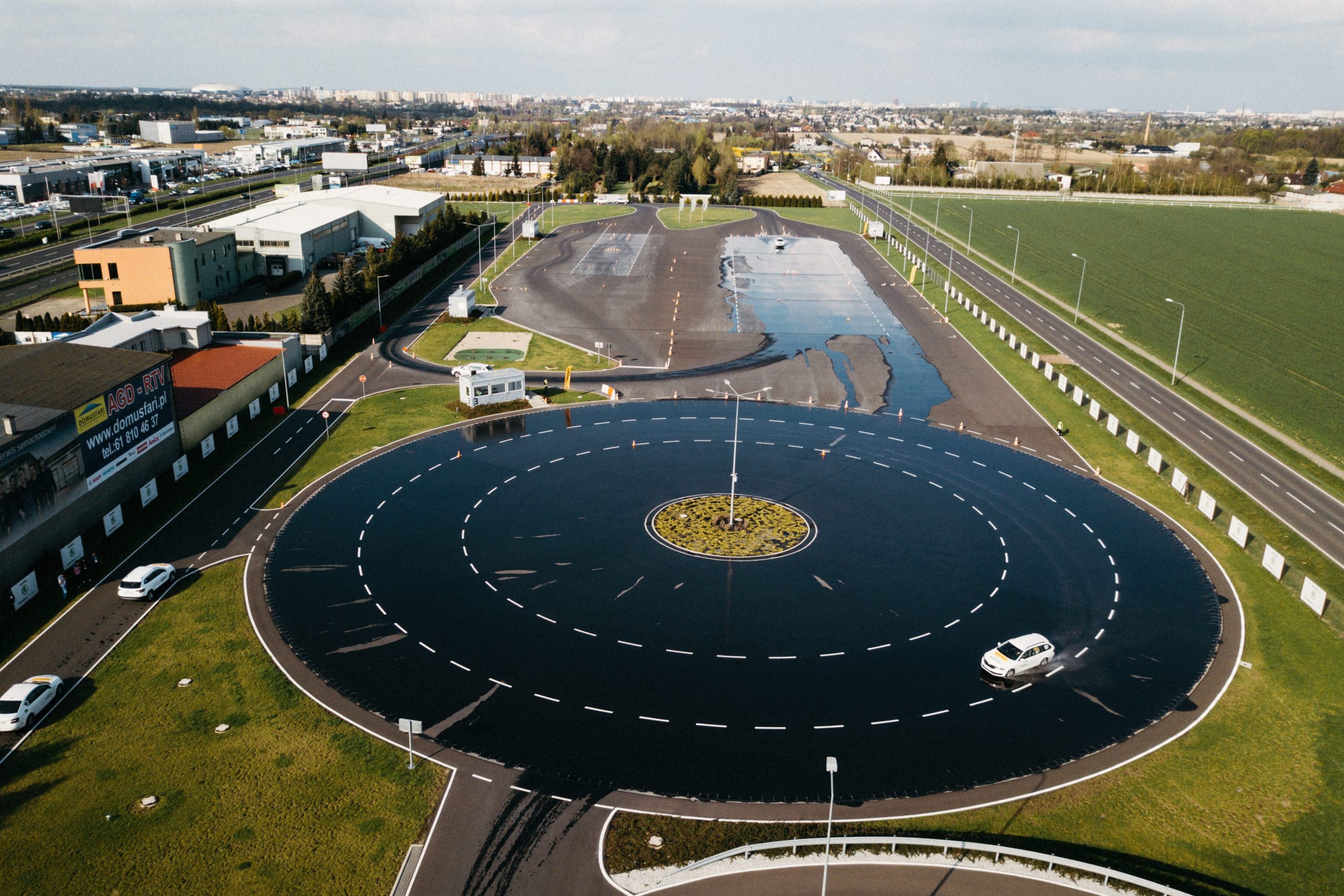Despite the pandemic, Trustonomy is progressing towards its pillars and main objectives. In particular, the pilots foreseen by the project are under preparation.
At this stage, Trustonomy partners completed the specification of the first iteration of field trials, and are starting their preparation and facilitation, which will provide not only a demonstration of the functionalities defined in the framework but furthermore their initial validation. More specifically, starting with the Driver System Monitoring Assessment Framework (DSMAF), the Trustonomy team developed the initial prototype of the core modules that are necessary for conducting an assessment of such systems in a simulated or real driving session. Before starting with pilots, Trustonomy also implemented the preliminary version of the Human Machine Interaction assessment framework and the Driver Intervention Performance Assessment framework (DIPA).
Due to COVID-19, Trustonomy had to adapt the organization of the preliminary trials in the planned pilot sites, taking place in Poland, France, and the UK. The first one is a large-scale, distributed test and validation suite which is correlated to most of the Trustonomy frameworks and more specifically to DSM, HMI, Driver Training, DIPA, and trust and acceptance. Pilot 2 preliminary trials focus on risk & ethics. More specifically, the trials will be conducted on a real vehicle and will examine the three possible outcomes of dealing with an unexpected obstacle. Lastly, Pilot 3 focuses on establishing the main factors which can affect the trust of a driver when he/she interacts with an autonomous vehicle. In more detail, taking as an example a Request to Intervene (RtI) situation this pilot test will examine through a simulated environment, how two main factors, the road environment and the design characteristics of the RtI system, will affect the behavior and the trust of the driver.


